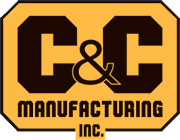9 Common Causes of Trailer Brake Failure (And Prevention Tips)
For safe towing, you need operational brakes on your trailer. Whether you’re hauling landscaping equipment, horses, or valuable cargo, reliable brakes protect both your load and everyone else on the road.
Unfortunately, trailer brake failure is a common issue that can lead to dangerous accidents and costly repairs. Understanding the most common causes of trailer brake problems—and how to address them—can help you avoid breakdowns and ensure your trailer passes Maryland’s inspection requirements.
Explore the most common causes of trailer brake failure, the importance of regular trailer brake repairs, how to pass Maryland trailer inspections with a new brake replacement, and how to check the brakes on used trailers for sale.
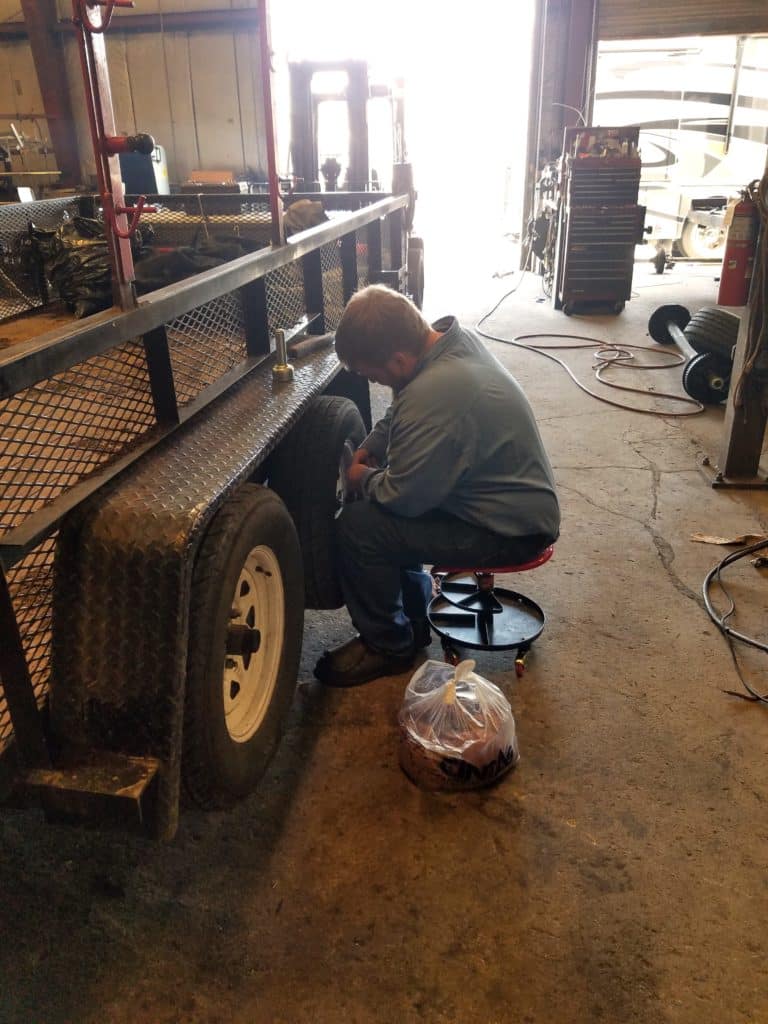
Trailer Brake Repairs: Maryland Law
First Things First
Maryland law requires that most trailers be equipped with operational brakes and pass a safety inspection before they can be registered or sold.
If you’re buying, selling, or registering a trailer—especially a used trailer for sale—ensuring the brakes are in top condition is not just a matter of safety, but a legal obligation.
Regular trailer brake repairs and inspections are the best way to keep your trailer roadworthy and compliant.
The Most Common Causes of Trailer Brake Failure
1. Worn Brake Pads or Shoes
Over time, the friction material on brake pads or shoes wears down, reducing braking power and increasing stopping distances.
Signs of worn pads include squealing noises, reduced braking effectiveness, or visible thinning of the pads. Ignoring this issue can lead to metal-on-metal contact, damaging the drums or rotors and leading to costly trailer brake repairs.
Prevention:
Schedule regular brake inspections and replace pads or shoes as soon as they reach the manufacturer’s minimum thickness.
2. Brake Fluid Leaks (Hydraulic Systems)
Hydraulic trailer brakes rely on brake fluid to transmit force from the pedal to the brake assemblies. Leaks in the brake lines, cylinders, or fittings can cause a loss of pressure, resulting in weak or total brake failure.
You may notice a soft brake pedal or fluid pooling under the trailer.
Prevention:
Check for leaks during routine trailer inspections. Replace damaged lines or seals promptly, and always bleed the system after repairs.
3. Electrical Problems (Electric Brakes)
Many trailers use electric brakes, which depend on a reliable electrical connection between the tow vehicle and trailer. Corroded plugs, broken wires, blown fuses, or loose grounds can cause intermittent or complete brake failure.
Prevention:
Inspect wiring and connectors regularly. Clean corroded terminals, secure all connections, and replace any damaged wiring. Not sure how to work on electric trailer brakes? Schedule a trailer brake repair service appointment at C&C.

4. Faulty Brake Controller
The brake controller in your tow vehicle regulates the amount of power sent to electric trailer brakes. A malfunctioning controller can cause the brakes to work inconsistently or not at all. Symptoms include brakes that are too weak, too strong, or fail to engage.
Prevention:
Test your brake controller before each trip. If you notice erratic braking, have the controller inspected and recalibrated by a professional.
5. Overheating and Brake Fade
Excessive use of brakes, especially on long downhill grades, can cause them to overheat and lose effectiveness—known as brake fade. Overheating can also warp drums or rotors and damage brake linings.
Prevention:
Use proper braking techniques, such as downshifting to reduce speed on descents. Allow brakes to cool periodically during long trips, and inspect for signs of overheating (burning smell, smoke, or discoloration).
6. Improper Brake Adjustment
Brakes that are too loose may not engage fully, while over-adjusted brakes can drag, causing premature wear or lockup. Both scenarios compromise braking performance and can lead to failure.
Prevention:
Have your brakes adjusted by a qualified technician during routine trailer brake repairs in Maryland. Regular adjustment is especially important for drum brake systems.
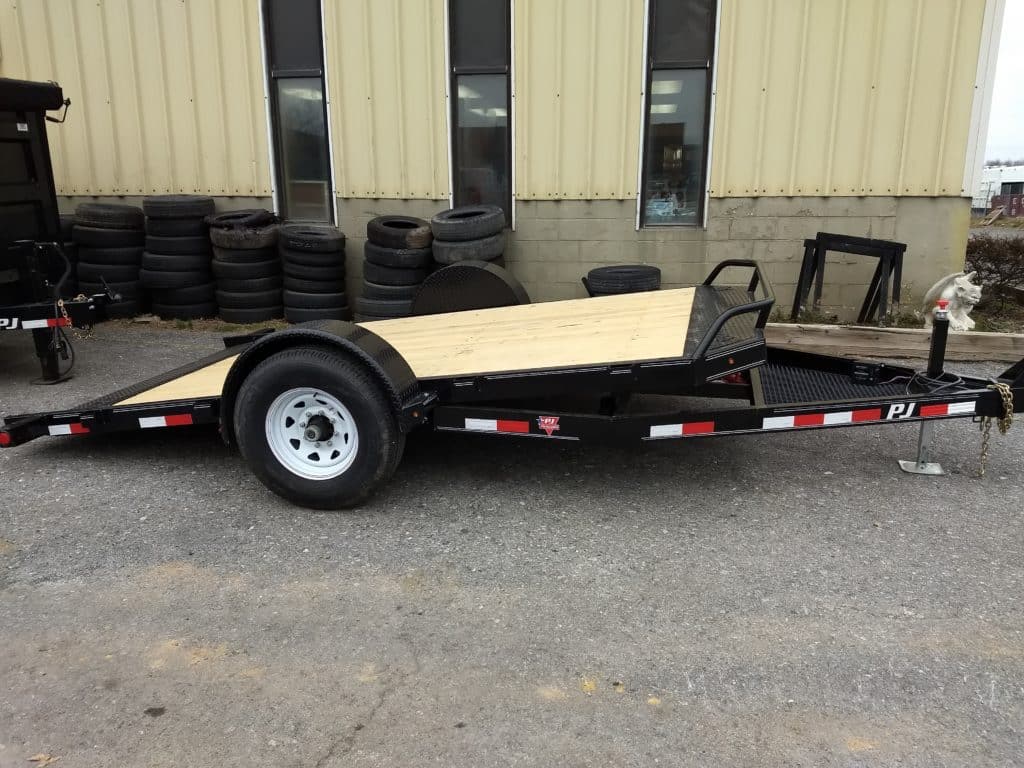
7. Air Leaks (Air Brake Systems)
Larger trailers may use air brakes. Leaks in the air lines, valves, or reservoirs can reduce braking force or cause the brakes to fail entirely. Listen for hissing sounds or check for loss of air pressure.
Prevention:
Conduct pre-trip air pressure checks and address leaks immediately. Replace worn hoses or faulty valves as needed.
8. Corrosion and Rust
Exposure to moisture, road salt, and chemicals can cause brake components—especially in Maryland’s variable climate—to rust and corrode. Corroded parts may seize, stick, or fail to operate smoothly.
Prevention:
Wash your trailer regularly, especially after winter use. Inspect brake assemblies for rust and replace corroded components during scheduled trailer brake repairs.
9. Faulty or Missing Components
Sometimes, brake failure is due to missing or broken components such as springs, magnets, or actuators. This is particularly common in older or poorly maintained used trailers for sale.
Prevention:
Have all brake components checked during a comprehensive trailer inspection before purchasing or registering a used trailer in Maryland.
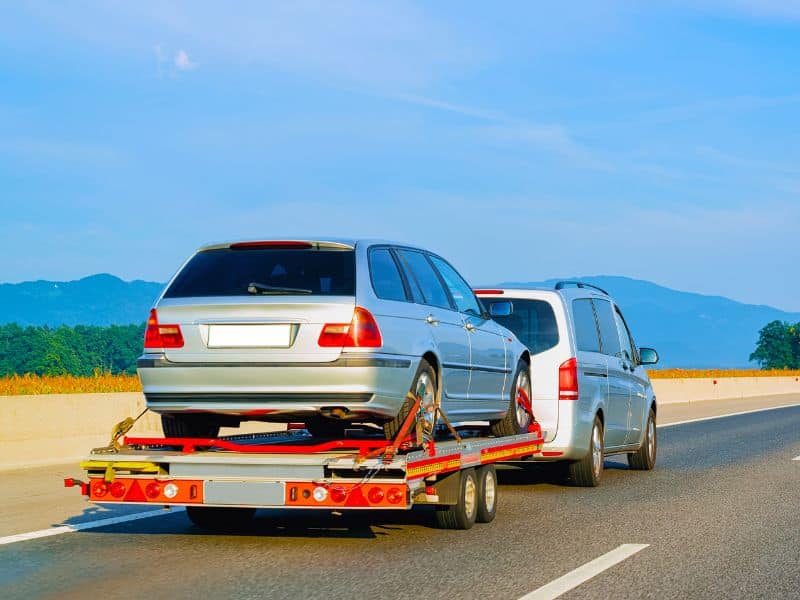
How to Prevent Trailer Brake Failure
Regular maintenance and timely repairs can help prevent brake failure.
- Schedule regular trailer inspections, especially before long trips or heavy hauls
- Replace brake pads, shoes, and other wear components at recommended intervals
- Inspect and clean all electrical connections; use dielectric grease to prevent corrosion
- Check brake fluid levels and look for leaks regularly
- Test your brake controller and adjust as needed
- Listen for unusual noises and watch for warning signs like pulling, delayed braking, or dashboard alerts
Trailer Inspections Help Get Ahead of Trailer Brake Repairs
Maryland requires safety inspections for all used trailers being registered or sold. During a trailer inspection, technicians check the entire brake system—pads, lines, wiring, controllers, and more—to ensure everything is intact and operational. Failing to pass inspection can delay your registration and put you at risk of fines or accidents.
However, you can also request a trailer inspection once a year, before a big road trip, or if you have a concern about your trailer’s operation. Regular professional trailer inspections can catch brake repairs early, saving money and downtime.
Key Inspection Points:
- Brake pads/shoes and drums/rotors
- Hydraulic or air lines for leaks
- Electrical wiring and connectors
- Brake controller function
- Emergency and parking brakes
Buying Used Trailers for Sale: Brake Safety Checklist
If you’re buying a used trailer for sale in Maryland, always insist on a full brake inspection and service record. Properly maintained brakes are not only a legal requirement—they’re your best insurance against accidents and costly repairs. A reputable dealer will be transparent about the trailer’s condition and help arrange any needed repairs or inspections.
- Request maintenance records, especially for brake repairs
- Insist on a pre-purchase trailer inspection
- Test the brakes before finalizing the sale.
- Factor the cost of potential repairs into your budget
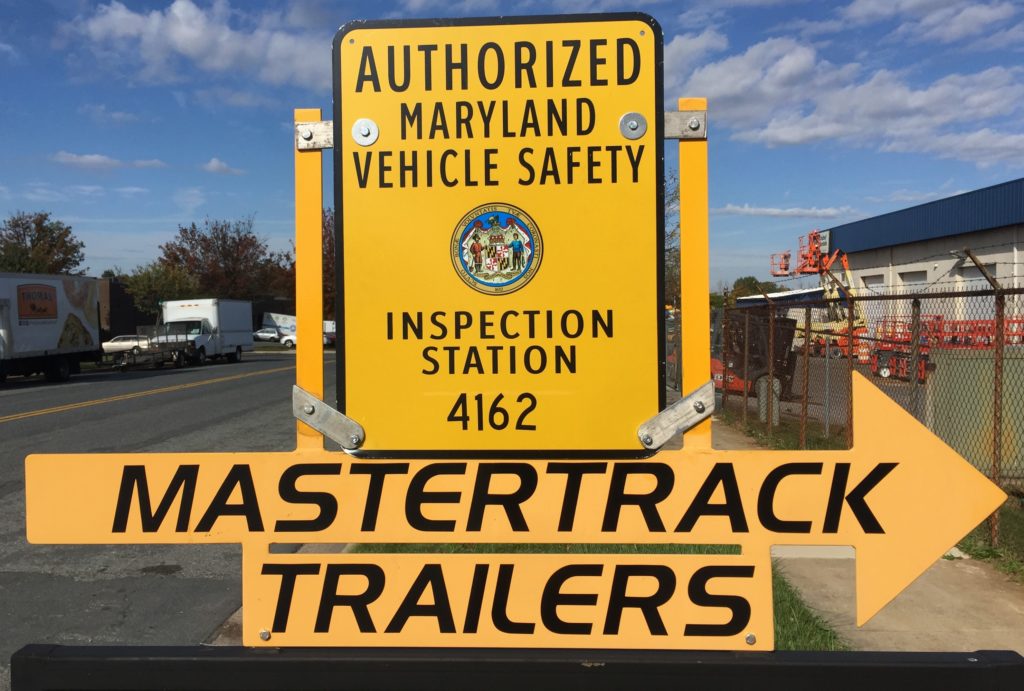
Trailer Brake Repairs in Maryland
At C&C Trailers in Gaithersburg, we specialize in trailer brake repairs that Maryland residents can trust. Our certified technicians handle everything from simple pad replacements to complex electrical diagnostics and full system overhauls.
Trailer brake failure is preventable with regular maintenance, timely repairs, and routine inspections. Whether you’re in the market for used trailers for sale or simply want to keep your current trailer safe, prioritizing trailer brake repairs in Maryland is key for legal transport and peace of mind. Schedule your inspection or repair today and tow with confidence!
Plus, we’re your one-stop for all trailer repairs, maintenance, sales, and more:
Frequently Asked Questions
How often should I have my trailer brakes inspected?
Inspections are required only when registering a used trailer or transferring ownership in Maryland. However, a professional inspection is recommended at least once a year or every 12,000 miles—whichever comes first. If you tow frequently or carry heavy loads, more frequent checks are advised.
What are signs my trailer needs brake repairs?
Warning signs include squealing noises, reduced braking power, uneven braking, pulling to one side, visible rust or corrosion, and dashboard brake warnings.
Can I repair trailer brakes myself?
Minor maintenance like pad replacement may be possible for experienced DIYers, but electrical, hydraulic, or air brake repairs should be handled by a professional to ensure safety and compliance with Maryland regulations.
Do all used trailers for sale in Maryland need brake inspections?
Yes. All used trailers must pass a Maryland safety inspection—including a brake check—before they can be registered or sold.
